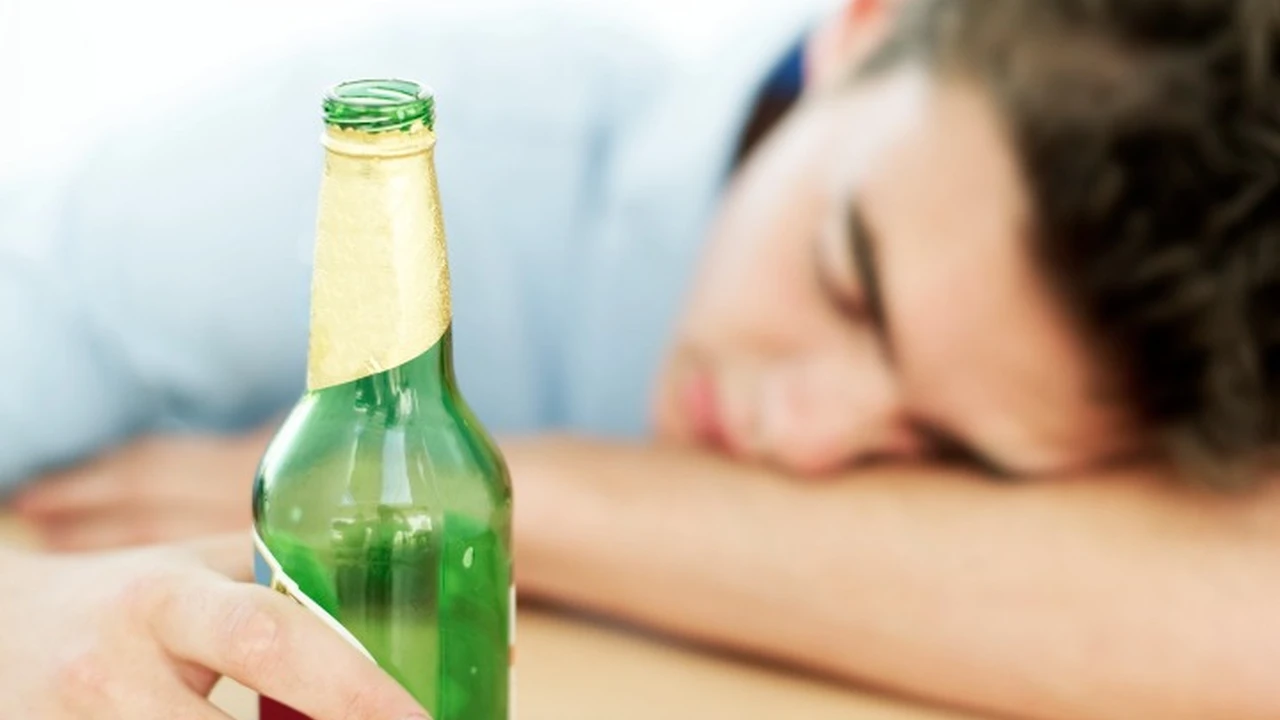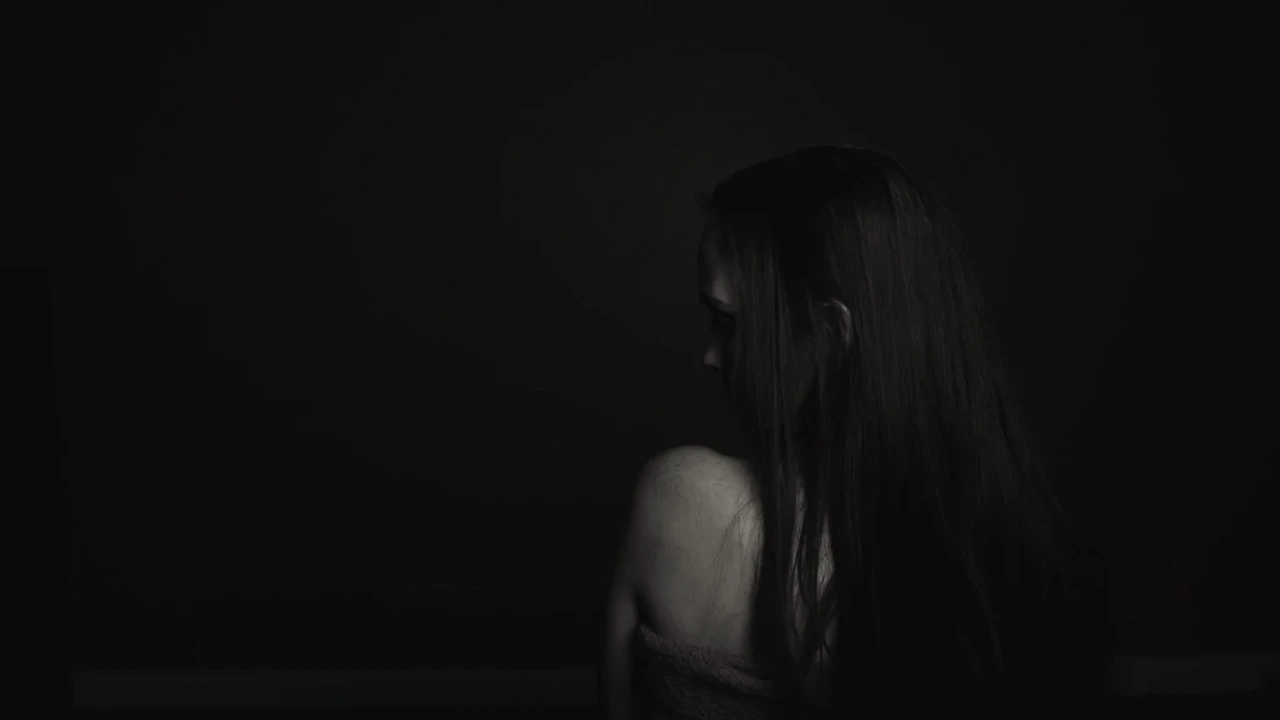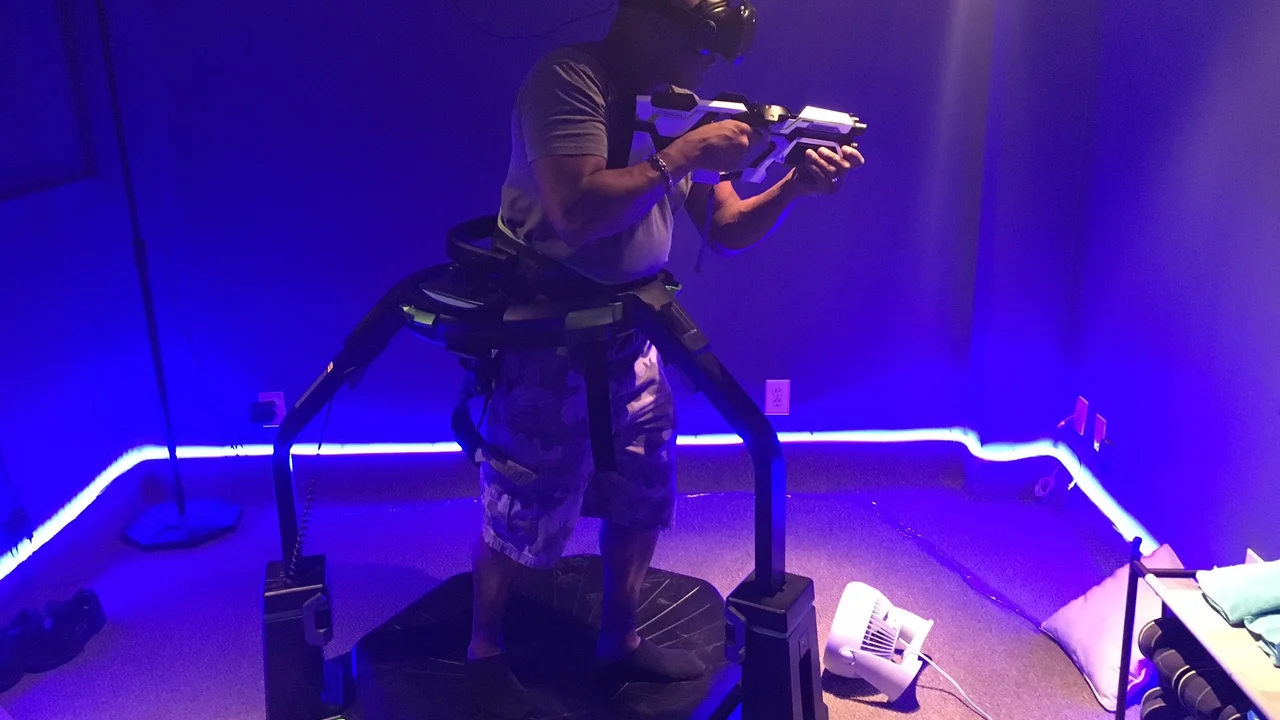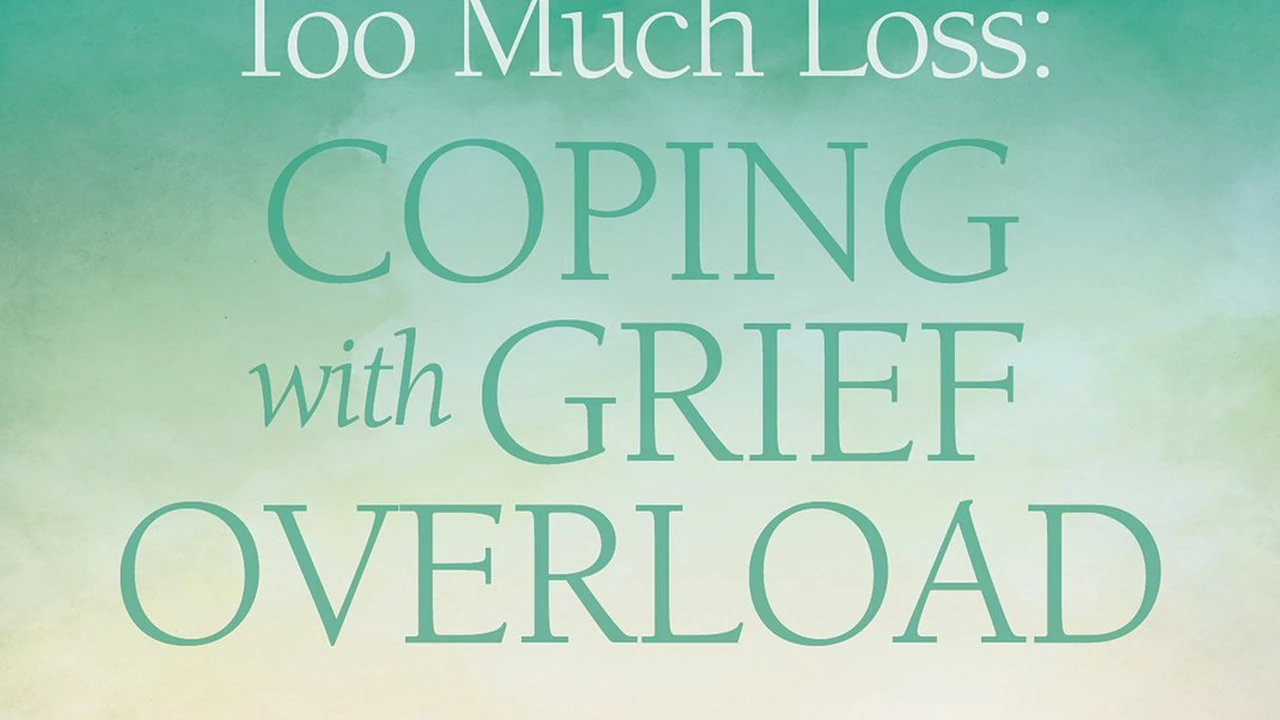Alcohol and Sleep: Why It's a Bad Combination
Sample meta description.

Understanding the Initial Effects of Alcohol on Sleep Alcohol Induced Sleepiness
Okay, let's dive right in. You've probably heard that a nightcap can help you drift off to sleep. And yeah, that's kinda true... initially. Alcohol *does* have sedative properties. It can help you fall asleep faster. Think of it like a temporary fast pass to dreamland. It's why so many people reach for a glass of wine or a beer to unwind after a stressful day. It feels like it's relaxing you, switching off your brain, and preparing you for a good night's rest.
But here's the catch – and it's a big one. This initial sleepiness is deceptive. It's a short-term effect that masks a much more disruptive long-term impact on your sleep quality. Think of it as borrowing sleep from the future. You might fall asleep quickly, but you'll pay the price later in the night. We're talking about fragmented sleep, restless tossing and turning, and waking up feeling anything but refreshed.
The Rebound Effect Sleep Disruption and Fragmented Sleep Cycles Alcohol and REM Sleep
So, what happens after that initial lull? This is where the "rebound effect" kicks in. As your body starts to metabolize the alcohol, it disrupts your sleep cycle. Your sleep becomes fragmented, meaning you're more likely to wake up frequently throughout the night. These awakenings might be brief, so you might not even remember them. But your brain *knows* they happened, and they prevent you from reaching the deeper, more restorative stages of sleep.
And speaking of restorative sleep, alcohol messes with your REM (Rapid Eye Movement) sleep. REM sleep is crucial for memory consolidation, learning, and emotional processing. It's the stage where you dream vividly. Alcohol suppresses REM sleep, especially in the first half of the night. This can leave you feeling groggy, irritable, and mentally foggy the next day. You might even find it harder to concentrate or remember things.
The Impact on Sleep Architecture Sleep Stages and Alcohol's Influence
Let's talk about "sleep architecture." This refers to the structure of your sleep cycle, the sequence and duration of different sleep stages. A healthy sleep architecture is like a well-orchestrated symphony, with each stage playing its part in restoring your body and mind. Alcohol throws a wrench into this beautiful arrangement.
It disrupts the normal progression through sleep stages, reducing the amount of time you spend in deep sleep. Deep sleep is vital for physical recovery, immune function, and hormone regulation. When alcohol interferes with deep sleep, you miss out on these crucial benefits. You're essentially shortchanging your body's natural repair processes.
Dehydration and Frequent Urination Alcohol's Diuretic Effect on Sleep
Another fun fact: alcohol is a diuretic. That means it makes you pee more. And guess what? Needing to get up to go to the bathroom multiple times throughout the night is a surefire way to disrupt your sleep. Dehydration can also lead to headaches and muscle cramps, further contributing to a restless night.
Snoring and Sleep Apnea Alcohol's Role in Breathing Problems During Sleep
If you're prone to snoring or have sleep apnea, alcohol can make things even worse. Alcohol relaxes the muscles in your throat, which can increase the likelihood of snoring and even exacerbate sleep apnea episodes. Sleep apnea is a serious condition where you repeatedly stop breathing during sleep. If you suspect you might have sleep apnea, talk to your doctor. Combining alcohol with sleep apnea can be particularly dangerous.
The Hangover Effect Poor Sleep and Next Day Consequences
And then there's the hangover. Beyond the headache, nausea, and general awfulness, a hangover is often accompanied by poor sleep. Even if you managed to fall asleep quickly after drinking, the disrupted sleep cycles and dehydration contribute to the overall feeling of being completely wrecked the next day. It's a vicious cycle: drink to relax, sleep poorly, feel terrible, and potentially reach for more alcohol to cope.
Long Term Effects of Alcohol on Sleep Chronic Alcohol Use and Sleep Disorders
Over time, regular alcohol consumption can lead to chronic sleep problems. It can disrupt your natural sleep-wake cycle and even contribute to the development of sleep disorders like insomnia. Your body can become dependent on alcohol to fall asleep, making it even harder to sleep without it. This can lead to a dangerous cycle of dependence and sleep deprivation.
Alternatives to Alcohol for Better Sleep Relaxation Techniques and Sleep Hygiene Practices
Okay, so alcohol is a sleep saboteur. What are the alternatives? Luckily, there are plenty of healthy and effective ways to improve your sleep without resorting to booze. Let's talk about a few:
* **Relaxation Techniques:** Try meditation, deep breathing exercises, or progressive muscle relaxation. These techniques can help calm your mind and body, making it easier to fall asleep. There are plenty of free apps and online resources to guide you. * **Sleep Hygiene:** This refers to a set of practices that promote good sleep. Things like maintaining a regular sleep schedule, creating a relaxing bedtime routine, and making sure your bedroom is dark, quiet, and cool. * **Exercise:** Regular physical activity can improve sleep quality, but avoid exercising too close to bedtime. * **Diet:** Avoid caffeine and heavy meals before bed. A light snack, like a handful of almonds or a small bowl of oatmeal, can be helpful. * **Limit Screen Time:** The blue light emitted from electronic devices can interfere with sleep. Try to avoid screens for at least an hour before bed.Product Recommendations for Enhancing Sleep Quality Sleep Aids and Comfort Products
Alright, let's get to some product recommendations that can help you ditch the alcohol and embrace better sleep! I'm going to focus on products that promote relaxation, comfort, and a conducive sleep environment.
Weighted Blankets for Anxiety Reduction and Improved Sleep Quality
Weighted blankets have become incredibly popular, and for good reason. They provide a gentle, constant pressure that can help reduce anxiety and promote relaxation. This "deep touch pressure" mimics the feeling of being hugged or swaddled, which can be incredibly comforting.
- Product Recommendation: Gravity Blanket. It's known for its high-quality materials and even weight distribution. The price ranges from $200-$300 depending on the size and weight.
- Product Recommendation: YnM Weighted Blanket. A more budget-friendly option that still offers excellent quality. Prices range from $80-$150.
- Usage Scenario: Use it every night while you sleep, or even just while relaxing on the couch.
- Comparison: Gravity Blanket is generally considered higher quality with better weight distribution, but YnM offers a great value for the price.
White Noise Machines for Blocking Out Distractions and Promoting Relaxation
White noise machines can be a lifesaver if you live in a noisy environment or have trouble falling asleep due to background noise. They generate a consistent, soothing sound that masks other distractions.
- Product Recommendation: LectroFan White Noise Machine. It offers a wide variety of sounds and adjustable volume settings. Around $50.
- Product Recommendation: Marpac Dohm Classic White Noise Machine. A classic choice known for its simple design and effective noise cancellation. Around $50.
- Usage Scenario: Place it on your nightstand and turn it on before you go to bed.
- Comparison: LectroFan offers more sound options, while Marpac Dohm is known for its reliability and simplicity.
Aromatherapy Diffusers and Essential Oils for Calming the Mind and Body
Aromatherapy can be a powerful tool for promoting relaxation and improving sleep. Certain essential oils, like lavender, chamomile, and sandalwood, have calming properties that can help you drift off to sleep.
- Product Recommendation: URPOWER Essential Oil Diffuser. A popular and affordable option that's easy to use. Around $20-$30.
- Product Recommendation: doTERRA Lavender Essential Oil. A high-quality lavender oil known for its calming properties. Around $25.
- Usage Scenario: Add a few drops of essential oil to your diffuser and let it run for 30 minutes before bed.
- Comparison: URPOWER is a budget-friendly diffuser, while doTERRA offers a premium essential oil.
Sleep Masks for Blocking Out Light and Creating a Dark Sleep Environment
Even a small amount of light can disrupt your sleep. A good sleep mask can block out all light, creating a dark and conducive sleep environment.
- Product Recommendation: Manta Sleep Mask. Known for its comfortable and customizable design. Around $30-$40.
- Product Recommendation: Alaska Bear Natural Silk Sleep Mask. A luxurious and comfortable option made from silk. Around $10-$15.
- Usage Scenario: Wear it every night while you sleep.
- Comparison: Manta Sleep Mask is more customizable, while the Alaska Bear mask is a more affordable and luxurious option.
Comfortable Bedding for Enhancing Sleep Quality Mattress Toppers and Pillow Recommendations
Investing in comfortable bedding is crucial for a good night's sleep. A supportive mattress topper and a comfortable pillow can make a world of difference.
- Product Recommendation: LUCID 3-Inch Gel Memory Foam Mattress Topper. Provides extra comfort and support to your existing mattress. Prices range from $80-$150 depending on size.
- Product Recommendation: Coop Home Goods Premium Adjustable Loft Pillow. Adjustable filling allows for customized comfort. Around $60-$80.
- Usage Scenario: Place the mattress topper on your bed and use the pillow every night.
- Comparison: LUCID offers a balance of comfort and affordability, while Coop Home Goods pillow provides customizable support.
Seeking Professional Help When Alcohol Affects Sleep Severely
If you're struggling with chronic sleep problems related to alcohol, it's important to seek professional help. Talk to your doctor about your concerns. They can help you identify any underlying medical conditions and recommend appropriate treatment options. A sleep specialist can also conduct a sleep study to assess your sleep patterns and identify any sleep disorders. Don't hesitate to reach out for help – your sleep is worth it!
:max_bytes(150000):strip_icc()/277019-baked-pork-chops-with-cream-of-mushroom-soup-DDMFS-beauty-4x3-BG-7505-5762b731cf30447d9cbbbbbf387beafa.jpg)






: Managing Emotions.webp)